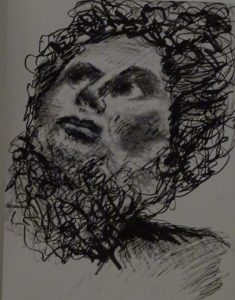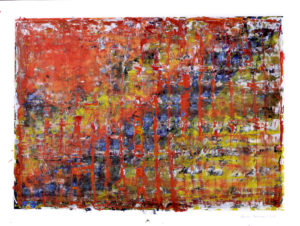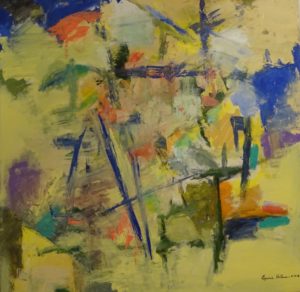King Lear, the Narcissist
“King Lear” was remarkably performed Saturday night, Oct. 17 by talented equity actors. Shown on YouTube and Showtime it was a successful effort by unusually expressive actors who brought the play alive in an outstanding moving, dramatic portrayal of Shakespeare’s finest roles.
Actors from all over the United States came together using Zoom to present their rendition of Shakespeare’s engaging work, King Lear.
(https://www.facebook.com/CrescentCityStage/)
Crescent City Stage Theatre
is a New Orleans based theatre company whose mission is to bring the brightest theatremakers together to offer audiences exceptional story telling. They met their goal in this production.
THE NARCISSISTIC FATHER
The love within a dynamic family is full of doubt and fear. Each scene depicts the irascible father, the king, who in his narcissism is compelled by arrogance and pride. He wants adoration and claims of enduring love without a measure of empathy for his daughters. The division of his kingdom is based on flattery, not sound judgment which leads him to foolish decisions.
“Which of you shall we say doth love us most?” is Lear’s question in Act I, Scene I, the words of a paternal narcissist.

Blind to the truth, impulsive, with severe mood swings, Lear demonstrates the core characteristics of a narcissist who loses his way with tragic results. His character flaws turn him into a vicious and vengeful insensitive father to put it mildly whose only concern is himself.
Neither kingdom, nor daughters, nor even loyal followers are rewarded for their honesty and strengths by this self-centered man whose power is unleveled because of his need to be served and adored without merit.
Only a wish for the glorification and aggrandizement of himself motivates him which leads to his downfall.
Unable to control himself, he turns to the gods to stall his growing madness.
“O, let me not be mad, not mad sweet heaven. Keep me in temper. I would not be mad.” (Act I, Scene V)
This self-reference to his temper tells us about the inability to manage his narcissistic rage that is his undoing.

In his fury, for example, he commands and threatens Cornwall, a duke, married to his daughter if he will not be there for him with his daughter as he wishes.
“Go tell the Duke and his wife I’d speak with them now, presently. Bid them come forth and hear me, or at their chamber door I’ll beat the drum til it cry sleep to death.” (Act II, Scene IV)
Lear rages about his perceived unfair treatment from his daughter, Goneril, whom he disparages and threatens because she is not the center of his world—the plight of a daughter of a narcissistic father.
“But yet thou art my flesh, my blood, my daughter, or rather a disease that’s in my flesh, which I need call mine. Tho art a boil, a plague sore or embossed carbuncle, in my corrupted blood.” (Act II, Scene IV)
With the dramatic grandiosity of a narcissist, Lear believes it’s only up to him who lives and dies. Like narcissists today who can’t take responsibility for their deceptions and disloyalty and have affairs without conscience, Lear protests.
“I pardon thou man’s life. What was thy cause? Adultery? Thou shall not die for adultery. No.” (Act IV, Scene VI)
When later Lear begs his daughter, Cordelia, to come back to him it is not out of real love for her, but his need to be loved unconditionally without merit by her.
It is his narcissism at work when he tries to seek her compassion and sympathy to strategically procure her love by demeaning himself. He has narcissistically squandered the love of the only daughter who actually loved him.
“I am old and foolish.” (Act IV, Scene VII)
Conclusion
If the play is heard or read as a treatise on the impact of a narcissistic father on his daughters, the main characteristics of a narcissistic powerful man whose actions are based only on self-love and self-glorification lead to his demise.
